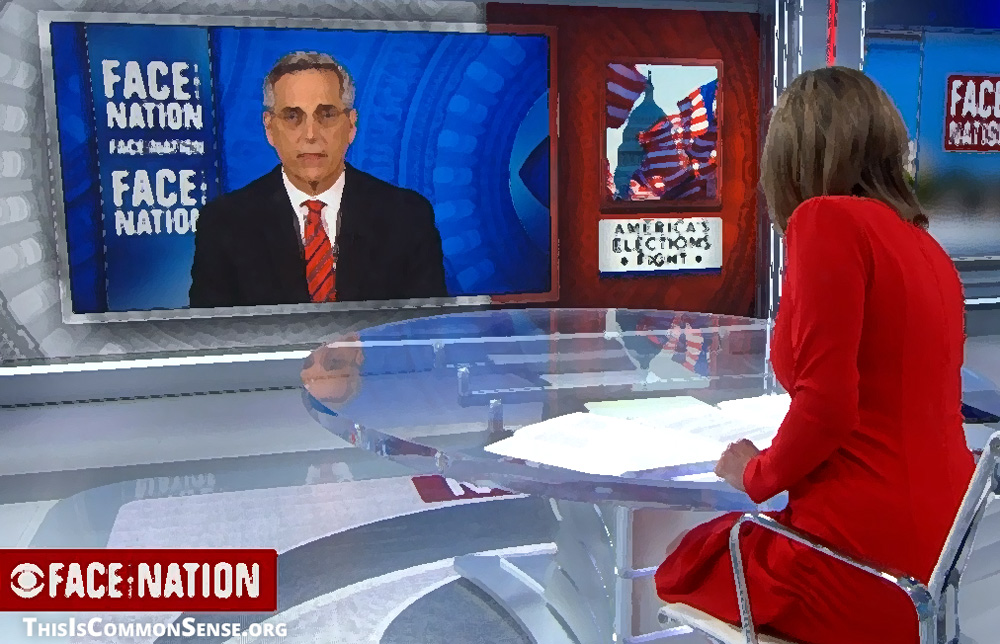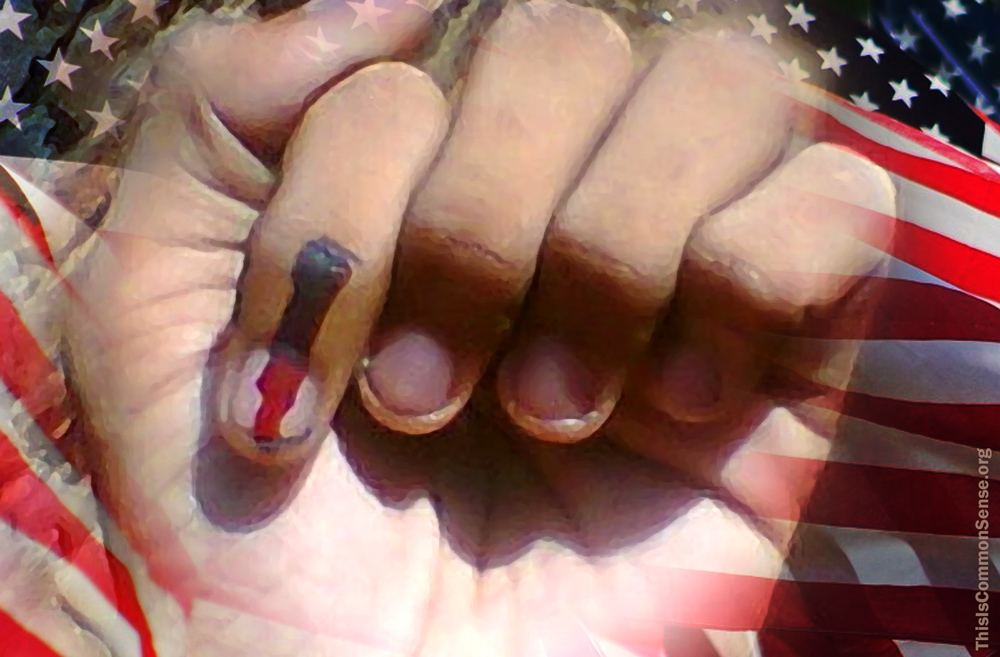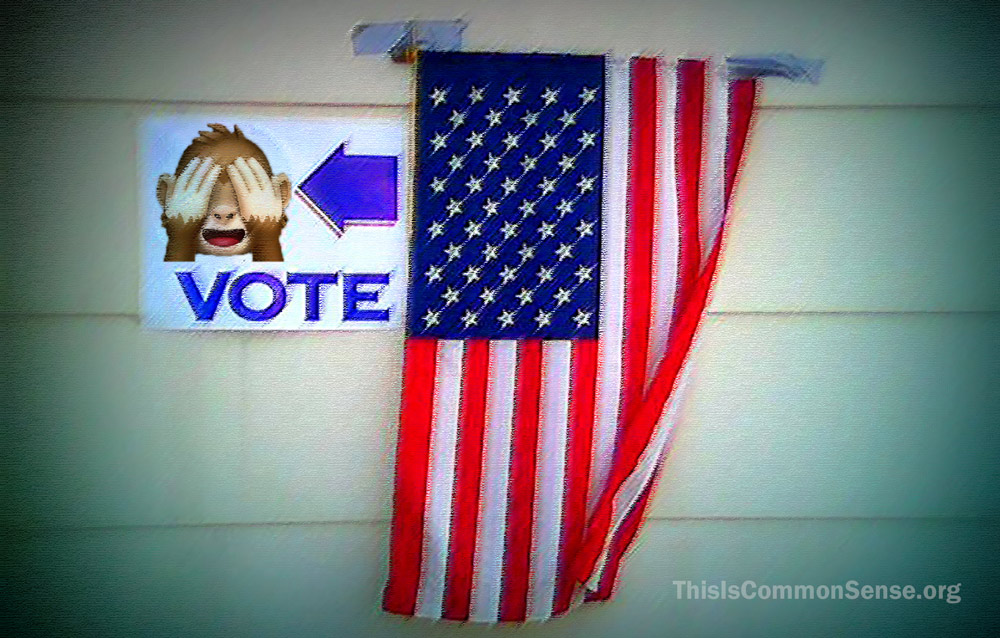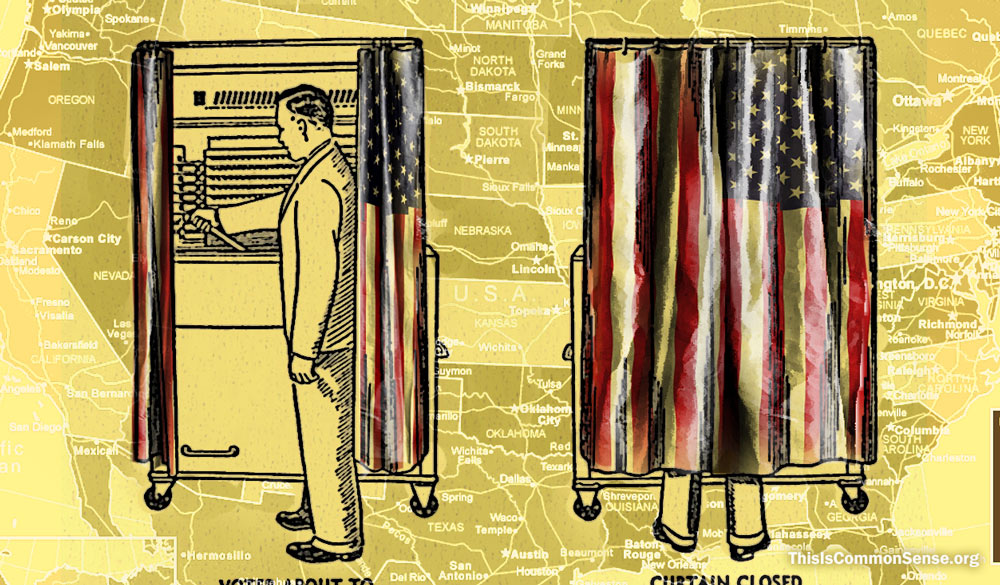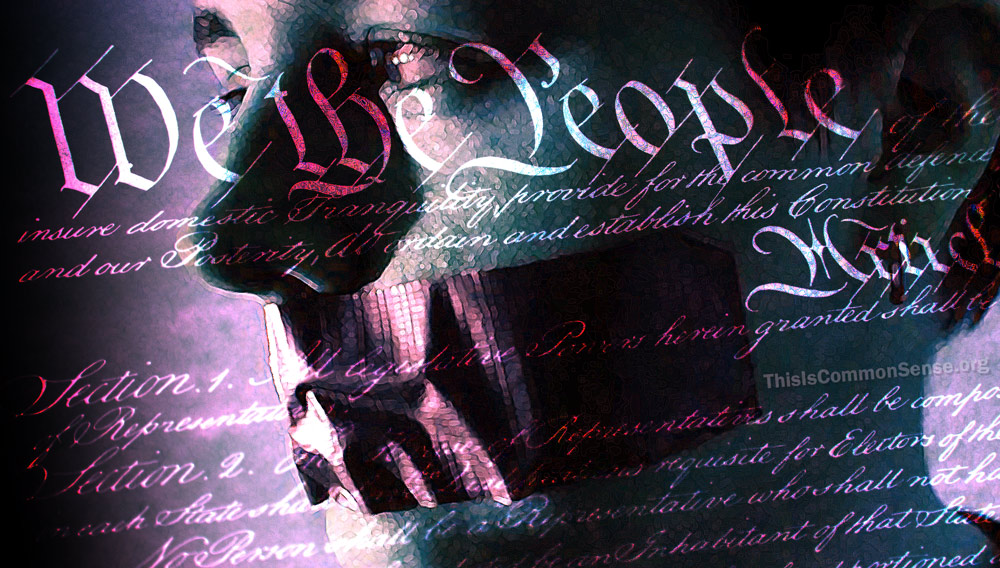“Georgia has become ground zero in the fight over election integrity,” Margaret Brennan, host of Face the Nation on CBS, alerted her audience on Sunday, introducing the state’s Secretary of State Brad Raffensperger, a Republican who, she reminded, “became known nationally in the wake of that election because [he] refused to succumb to pressure from President Trump.”
Given the walk that Mr. Raffensperger has walked, his talk should carry some street cred with media outlets that are truly non-partisan and interested in election reform.
Raffensperger proposed three reforms to secure elections: (1) No ballot harvesting, wherein a person gathers up or “harvests” many mail-ballots not his or her own; (2) “a constitutional amendment . . . that only American citizens vote in our elections,” and (3) “photo I.D. for all forms of voting.”
“Only U.S. citizens do currently vote in elections,” Brennan critically interjected (incorrectly), “but go on.”
Raffensperger did, explaining that “cities are trying to push noncitizen voting.” A few years ago, the council in Clarkston, Ga., voted to study allowing non-citizens to vote. Just last month, the New York City Council gave the right to vote in city elections to 800,000 non-citizens (including 110,000 Chinese nationals); last year, the Vermont Legislature approved non-citizen voting in two cities; and non-citizens (documented and undocumented) have been voting in San Francisco; and in 11 more cities across the country.
The Secretary of State noted that citizen-only voting, “just like photo I.D.,” is “supported by all demographic groups and a majority of both political parties.”
Citizen-only voting belongs in our state constitutions so that any future decisions on providing the vote to non-citizens requires a vote of the people, and therefore, cannot be made by politicians alone.
This is Common Sense. I’m Paul Jacob.
Note: Illustrating the usual split between politicians and voters, the New York City Council enacted a law for non-citizen voting while a poll of New Yorkers showed more than 60 percent opposed the measure.
—
See all recent commentary
(simplified and organized)
